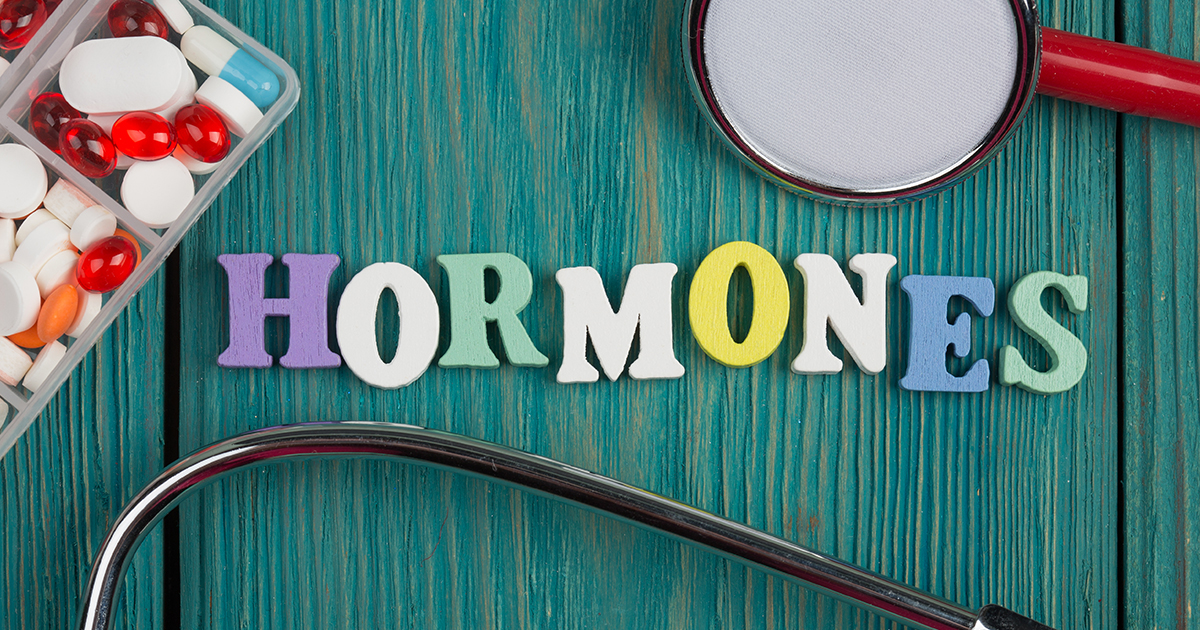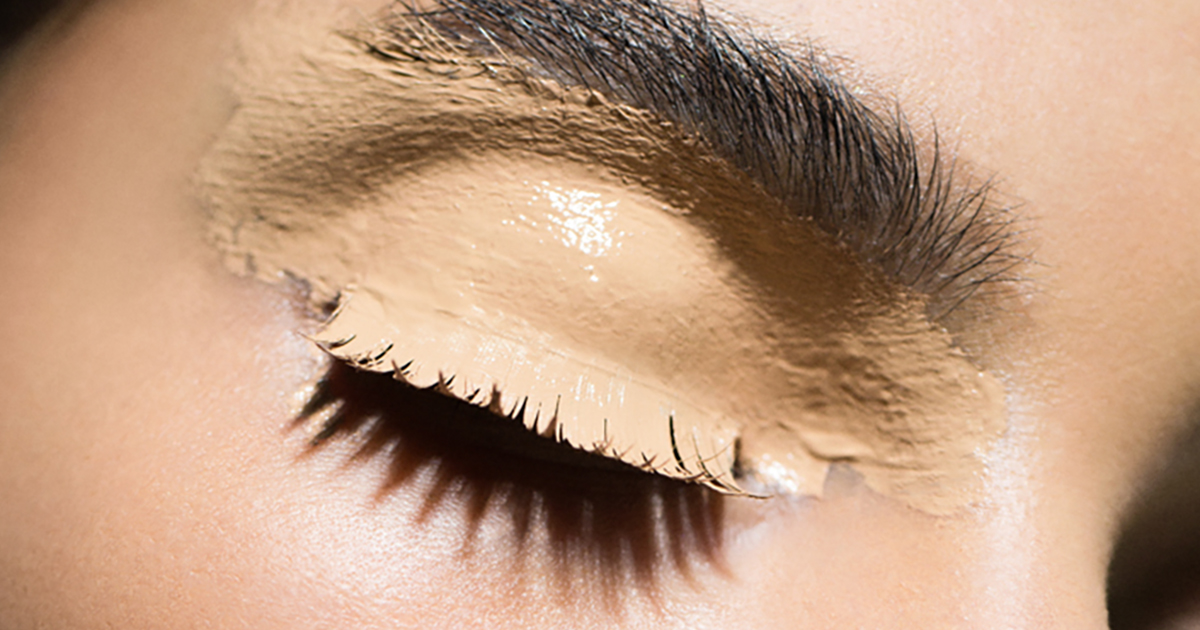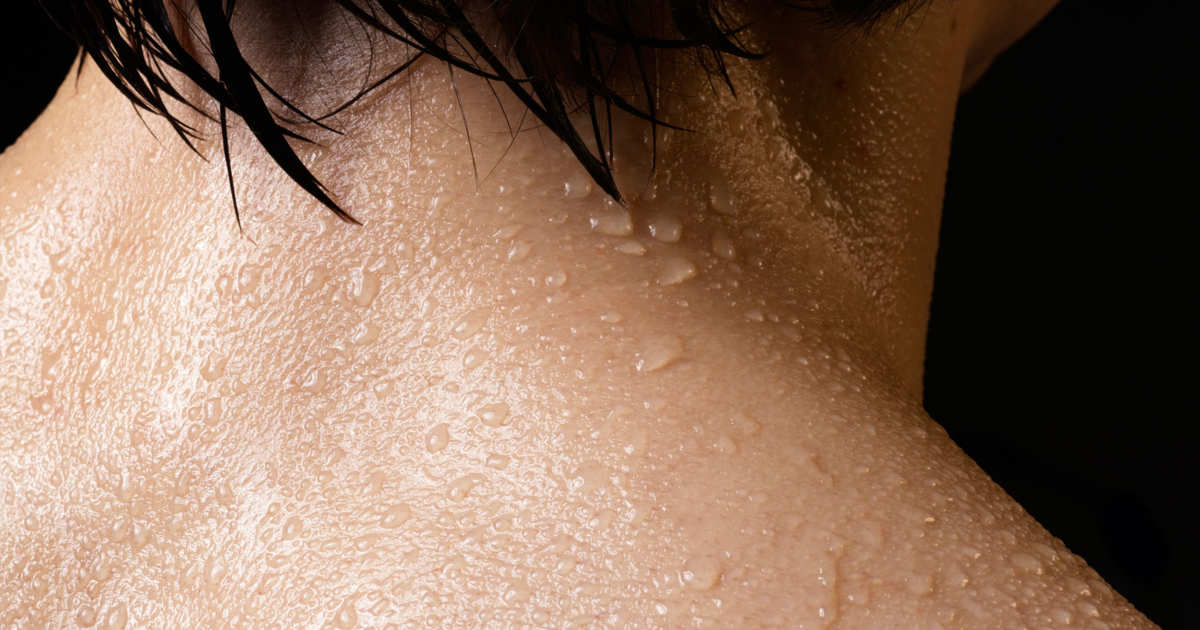What Causes Cystic Acne?
Many individuals experience acne outbreaks at some point in their life. These episodes usually take place during adolescence or young adulthood. This common skin condition occurs when the pores become clogged with matter like dead skin cells. An overgrowth of skin cells and an oily substance secreted by glands in the skin called sebum are common causes of acne. Bacteria thrive in these conditions and leads to infection and inflammation. Cystic acne results from this cycle. It’s the most severe form of acne, and it develops deep beneath the skin's surface layer in the form of cysts. This relatively uncommon condition produces large, red, pus-filled bumps that may itch or cause pain. Cystic acne can affect the face, arms, chest, or shoulders. This type of acne can cause severe scarring, and prompt treatment is very important to avoid permanent damage to the skin.
Learn about what can cause cystic acne now.
Family History Of Cystic Acne

A family history of cystic acne is one of the contributing factors to the development of the condition. Acne, particularly this type, tends to run in families, and individuals are more likely to develop it if one or both parents had it. The risk of developing acne is even higher if an individual's mother experienced it, and the condition may be inherited through the X chromosome, according to some studies. An individual's genetic makeup or certain genetic mutations may also increase their risk of developing cystic acne. Specific characteristics or hereditary tendencies can create favorable conditions for the development of cystic acne. For example, an individual's genetic make-up may cause an overproduction of skin cells or sebum. This increases the likelihood of clogged pores or oily skin, which are both contributing factors to the development of acne.
Keep reading for more details on the causes of cystic acne now.
Androgens

Androgens are produced in both men's and women's bodies, but they’re considered a male hormone. Testosterone is one of the main androgens and it's responsible for many male traits. In women, these male hormones are converted into the female hormones known as estrogen, but excessive amounts can cause side effects like deepening voice and excess facial hair. Elevated testosterone can be caused by many factors, including stress or fasting. Extreme levels of these male hormones can cause acne in both sexes because it increases the production of sebum and interferes with the development of skin cells. In addition, most cases of cystic acne are due to hormonal fluctuations, and the production of excess androgen can be due to a genetic predisposition.
Get the full details on other cystic acne causes now.
Greasy Cosmetics And Lotions

Acne can develop when the pores are blocked by excess oil, so the use of greasy cosmetics and lotions should be avoided or limited to reduce the risk of cystic acne outbreaks. Applying layers of heavy makeup or other products containing heavy oils and clogging ingredients can cause breakouts and worsen the patient's condition. The skin cannot breathe or heal if it's covered with a thick coating of makeup or lotion. Greasy cosmetics and lotions clog pores, trap dirt and oil underneath the skin, and aggravate acne, both cystic and other types. There is specially formulated makeup available called non-comedogenic or mineral makeup that is lighter on the skin, so it won't clog the pores. Individuals who suffer from cystic acne can also use water-based makeup because it's less likely to clog pores and irritate acne. Some makeup products and creams actually contain beneficial ingredients like salicylic acid to help fight acne while they're helping individuals look and feel their best. Hypoallergenic makeup and skincare products, often non-comedogenic as well, are also excellent choices to help minimize the risk of cystic acne.
Discover more causes of cystic acne now.
Excessive Sweating

Sweating is a natural response to increased body temperature. It regulates body temperature and cools us down. Excessive sweating occurs for a number of reasons, such as physical activity or warmer climates. Individuals who have cystic acne may experience flare-ups if the excess sweat isn’t removed promptly. Sweat aggravates acne, especially when it's allowed to sit on the skin for too long. The toxins and bacteria released through sweating and the presence of dead skin cells are both main contributing factors to acne and breakouts. Excess moisture on the skin requires frequent washing to keep it clean and pimple-free. Cystic acne patients who spend a lot of time in the gym or reside in hot climates should shower after working out or anytime they're sweating more than usual. There are certain body washes made specifically for the extra cleansing required in these cases, such as a benzoyl peroxide wash. Some of these products may cause irritation to sensitive skin, so it's important to test a patch of skin before use.
Uncover more cystic acne causes now.
Reaction To Certain Medication

Certain drugs may cause or at least contribute to cystic acne or flare-ups. This may be a result of particular ingredients in the drugs, or it may be a side effect. A reaction to medication is uncommon for cystic acne patients, but it is a known side effect of medications like lithium or anticonvulsant drugs. Other medications linked to acne or acne-like flare-ups include corticosteroids and barbiturates. Dehydroepiandrosterone supplements, which are made from a steroid hormone, and medications that contain bromides or iodides can also cause acne-like symptoms. Patients should consult their physician or dermatologist to assist them in the development of an appropriate treatment plan should medications become an issue related to cystic acne for them.